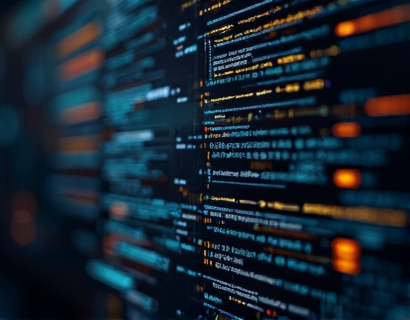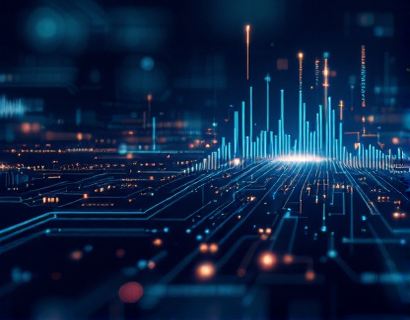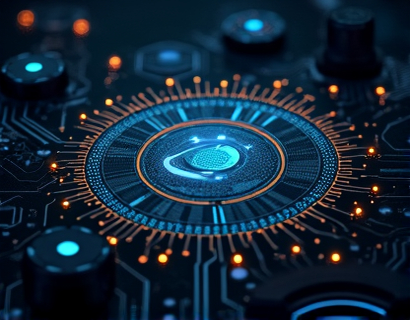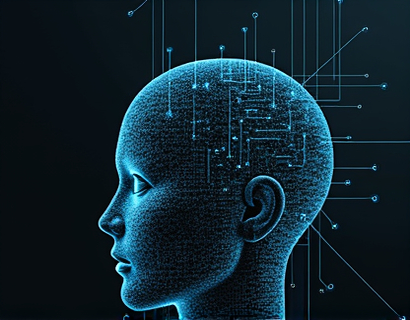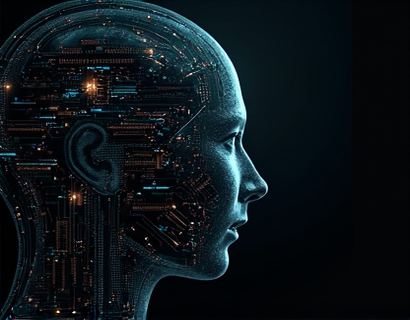AI-Driven Poker Education: Transforming Players Through Intelligent Learning
The world of poker has always been a blend of skill, strategy, and a touch of luck. For enthusiasts and professionals alike, mastering this complex game requires a deep understanding of its intricacies. Traditional learning methods, while effective, often fall short in providing personalized and adaptive education. Enter AI-driven poker education, a revolutionary approach that leverages advanced algorithms and machine learning to offer tailored learning experiences. This article delves into how intelligent learning platforms are elevating poker education, making it accessible and effective for players of all levels.
Understanding AI-Driven Poker Education
AI-driven poker education platforms utilize sophisticated algorithms to analyze vast amounts of data, including historical game data, player behaviors, and strategic outcomes. These platforms can simulate countless poker scenarios, providing insights and strategies that traditional methods might overlook. The core advantage lies in the ability to adapt to individual learning styles and paces, ensuring that each player receives a customized educational journey.
Comprehensive Educational Resources
From the basics of hand rankings and betting structures to advanced strategies like pot odds and bluffing, AI-driven platforms offer a comprehensive curriculum. Beginners start with foundational concepts, gradually progressing to more complex topics. Interactive lessons, video tutorials, and real-time feedback mechanisms ensure a robust learning experience. Expert players can refine their tactics by exploring detailed analyses of professional games and learning from top players' decision-making processes.
Personalized Learning Paths
One of the most significant benefits of AI-driven poker education is the ability to create personalized learning paths. The platform assesses a player's current skill level and knowledge gaps, then curates a tailored curriculum. This adaptive learning approach ensures that players focus on areas that need improvement while reinforcing their strengths. The system continuously monitors progress, adjusting the difficulty and content in real-time to optimize learning outcomes.
Simulated Game Environments
Practical experience is crucial in poker, and AI-driven platforms provide extensive simulated game environments. These virtual tables allow players to practice and apply their learned strategies in a risk-free setting. The simulations can mimic real-world scenarios, including different table dynamics, opponent behaviors, and varying stakes. Players can experiment with various strategies, receive immediate feedback, and track their improvement over time.
Advanced Strategic Insights
AI algorithms can analyze vast databases of poker games to identify patterns and trends that human players might miss. These insights are invaluable for both beginners and experienced players. For instance, the platform can highlight common mistakes made by players at certain skill levels, providing actionable tips to avoid similar errors. Advanced players can gain deeper insights into optimal strategy adjustments based on opponent types, game formats, and specific situations.
Bluffing and Psychological Warfare
Bluffing is an art in poker, and mastering it requires a deep understanding of human psychology. AI-driven platforms offer modules focused on psychological strategies, helping players develop the ability to read opponents and manipulate perceptions. Through interactive scenarios and case studies, players learn how to bluff effectively, manage table image, and exploit psychological vulnerabilities. This aspect of education is crucial for gaining an edge in high-stakes games.
Real-Time Analysis and Feedback
Immediate feedback is essential for rapid skill improvement. AI-driven platforms provide real-time analysis of a player's decisions during simulated games. This includes evaluations of hand selections, betting patterns, and table dynamics. Players receive detailed reports highlighting strengths and areas for improvement, along with recommendations for specific strategies to adopt. This instant feedback loop accelerates the learning process and helps players internalize best practices quickly.
Community and Collaboration Features
Learning poker is not just an individual endeavor; it benefits greatly from community interaction. AI-driven platforms often include forums, chat rooms, and collaborative tools that connect players worldwide. These features allow players to discuss strategies, share insights, and learn from each other's experiences. Mentorship programs pairing experienced players with newcomers further enhance the learning environment, fostering a supportive and knowledge-sharing community.
Adaptive Difficulty Levels
To cater to a diverse range of players, AI-driven platforms offer adaptive difficulty levels. Beginners start with simplified scenarios and gradually face more challenging opponents as they progress. Intermediate and advanced players can select specific difficulty settings to test their skills against stronger adversaries. This dynamic adjustment ensures that players are constantly pushed to improve, without becoming overwhelmed or underchallenged.
Integration with Live Play
The ultimate goal of poker education is to translate learned strategies into real-world success. AI-driven platforms bridge the gap between simulated games and live play by offering tools and resources specifically designed for this transition. Players can analyze their live game data, identify patterns, and receive tailored advice to improve their performance at the tables. This integration ensures a seamless learning-to-play transition, enhancing the overall value of the educational experience.
Continuous Updates and Innovations
The poker landscape is constantly evolving, with new strategies and trends emerging regularly. AI-driven education platforms stay ahead of the curve by continuously updating their content and features. Machine learning algorithms analyze new data and player feedback to refine and expand the educational offerings. This commitment to innovation ensures that players always have access to the most current and effective learning materials.
Conclusion
AI-driven poker education represents a significant leap forward in how players can learn and improve their skills. By offering personalized, adaptive, and comprehensive educational resources, these platforms make poker more accessible and effective for everyone. Whether you're just starting out or looking to refine your expert-level strategies, an AI-driven learning platform can be an invaluable tool in your poker journey. Embrace the future of poker education and elevate your game to new heights.








